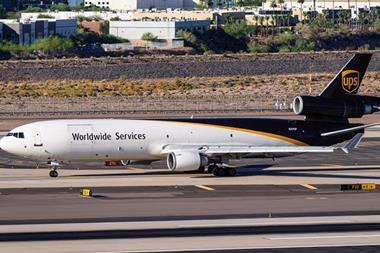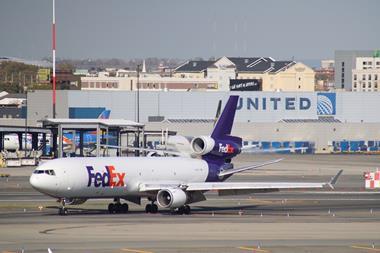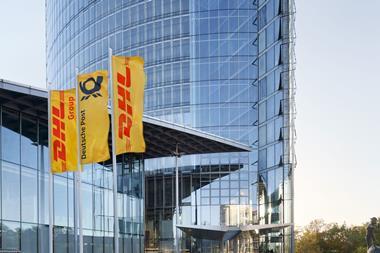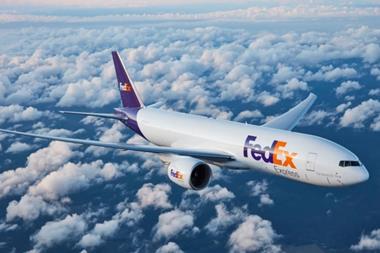FedEx’s decision to ditch its domestic US business with Amazon is a “watershed” moment that signals the emergence of the e-commerce giant as a significant player in the parcel industry.
In a research note, investment bank Morgan Stanley said that the impact of the FedEx move should not be downplayed and that the "trainer wheels are off the Amazon Logistics operation".
The firm warned that the move posed a risk to FedEx margins because of the impact of pulling that amount of volumes out of a fixed cost network at short notice, which it said could more than offset any price/mix benefit from giving up the Amazon business.
Morgan Stanley also wondered whether the move could act as a drag on FedEx’s peak season risk and reward.
The investment firm said the move was also a sign of Amazon becoming a logistics giant - it also took volumes from XPO and other service providers in-house late last year and in January.
The research note said: “We believe Amazon has enough line-haul capacity to insource all of its own Prime needs and potentially open up to third-party packages as well.
“FedEx pointed out in its press release that [it] expects to see significant growth opportunities from non-Amazon e-commerce as an offset.
“However, we note that Amazon represents almost 50% of US e-commerce and is still growing comfortably faster than most other e-commerce players, despite its size.
“Also if/when Amazon announces a true third-party delivery service, they could take share quickly from UPS/FedEx, especially if they have a significant price advantage.
“We also note that FedEx will retain international and other segment business with Amazon for now, but this could be at risk of leaving especially as Amazon ramps up its Air Europe and [ocean forwarding NVOCC] operations.”
Morgan Stanley said that “all eyes are now on UPS”. It said that if UPS is faced with the same scenario as others, with Amazon either pulling its business or it ends its deal, the company could face “significantly larger headwinds” as it estimates that the e-commerce company represents around 10% of total revenues and around 15-20% of total volumes.
“Pulling that amount of volume out of a unionized, integrated, fixed-cost network like UPS’s could be an unprecedented headwind,” Morgan Stanley said.
“It is possible that UPS may benefit in the near-term from Amazon moving some business from FedEx to UPS.
“But we note that FedEx gave up the business for a reason and UPS may not want to take it on for the same reason.”
Last week, FedEx announced it had made the strategic decision to not renew the FedEx Express US domestic contract with Amazon in order to focus on serving the broader e-commerce market.
“There is significant demand and opportunity for growth in e-commerce which is expected to grow from 50m to 100m packages a day in the US by 2026,” FedEx said.
“FedEx has already built out the network and capacity to serve thousands of retailers in the e-commerce space. We are excited about the future of e-commerce and our role as a leader in it.”
In response to the news, an Amazon spokesperson said: “We respect FedEx’s decision and thank them for their role serving Amazon customers over the years."















